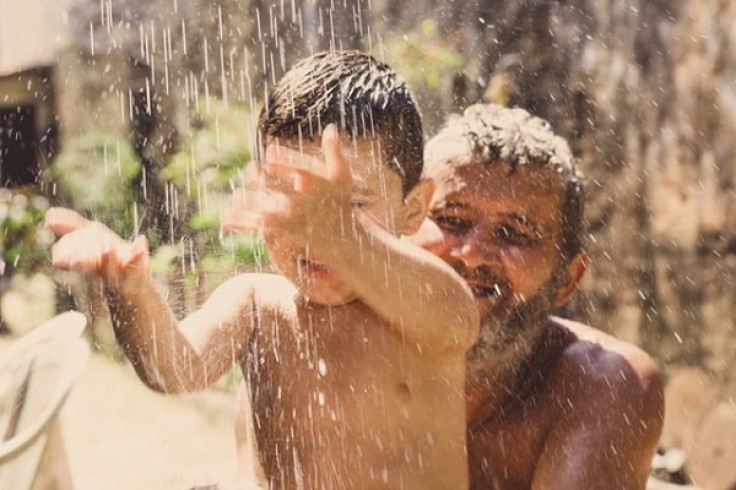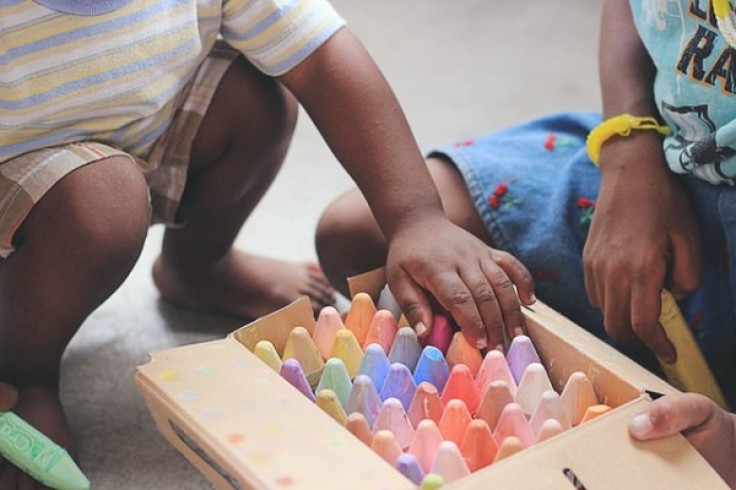Having many children is fun, especially when you see them getting along so well. However, there will be times when they would fight. No matter how good your children's relationship is with one another, sibling rivalry will always be there. What should you do to prevent your kids from fighting? Here are six ways to deal with sibling rivalry.
Teach conflict resolution skills
Teach your kids how they can express their feelings, such as madness and hurt by saying how they feel instead of throwing a fit.
When they throw tantrums, give them some time out before talking to them. Teach them coping skills such as taking a deep breath or counting from one to ten, etc.
Give them attention
One of the reasons children fight is because they long for the attention of their parents. Since most of the time, parents would notice them when they did something wrong, which makes them want to do the things you do not want them to do to get you to notice them.

The best thing to do is to give your kids 10 to 20 minutes each day of your full attention, and he gets to choose what you are going to do together. This way, he would be the center of your attention, filling up his "attention tank."
Stop labeling
Labeling your kids -- saying who is smarter, more popular, is better at school, and the likes -- increases competition among your children. Parents unconsciously label their children as to who did better than the other, making a comparison, thereby making the person who was not called smarter, think that they are not smart.

What you should do instead is cheer on the positive attributes of your children: teamwork, persistence, and kindness. This way, your kids will help one another to do better.
Ignore their squabbles.
Surprisingly, the best way to handle sibling squabbles is by ignoring them. This act tells them that they do not get your attention when they fight and gives them a chance to make up on their own.
Calm the conflict.
If the quarrel gets worse, it is now the time to intercept. Never take anyone's side, even if you had heard something when the fight started. Instead, let kids express what they are feeling and ask them to come up with solutions together.
Put them in the same boat.
If, after trying to step in, there is still no solution to the kids' argument, put them in the same boat. It means that everyone involved in the argument will experience the same consequences.
An example would be if one does not want to share a toy, either they would share it, or no one gets to play with the toy. Instead of both the parties could not play with the toy, they would instead find a better solution to the problem that they started.

Kids are still learning as they are growing up. Bear in mind that conflict resolution is a very advanced skill set that even some adults could not master. Do not worry because your children will learn different life skills as they grow up and mature. What is important is how you help them to become better adults in the future.
Read more: 6 Ideal Ways to Avoid Playing Favoritism